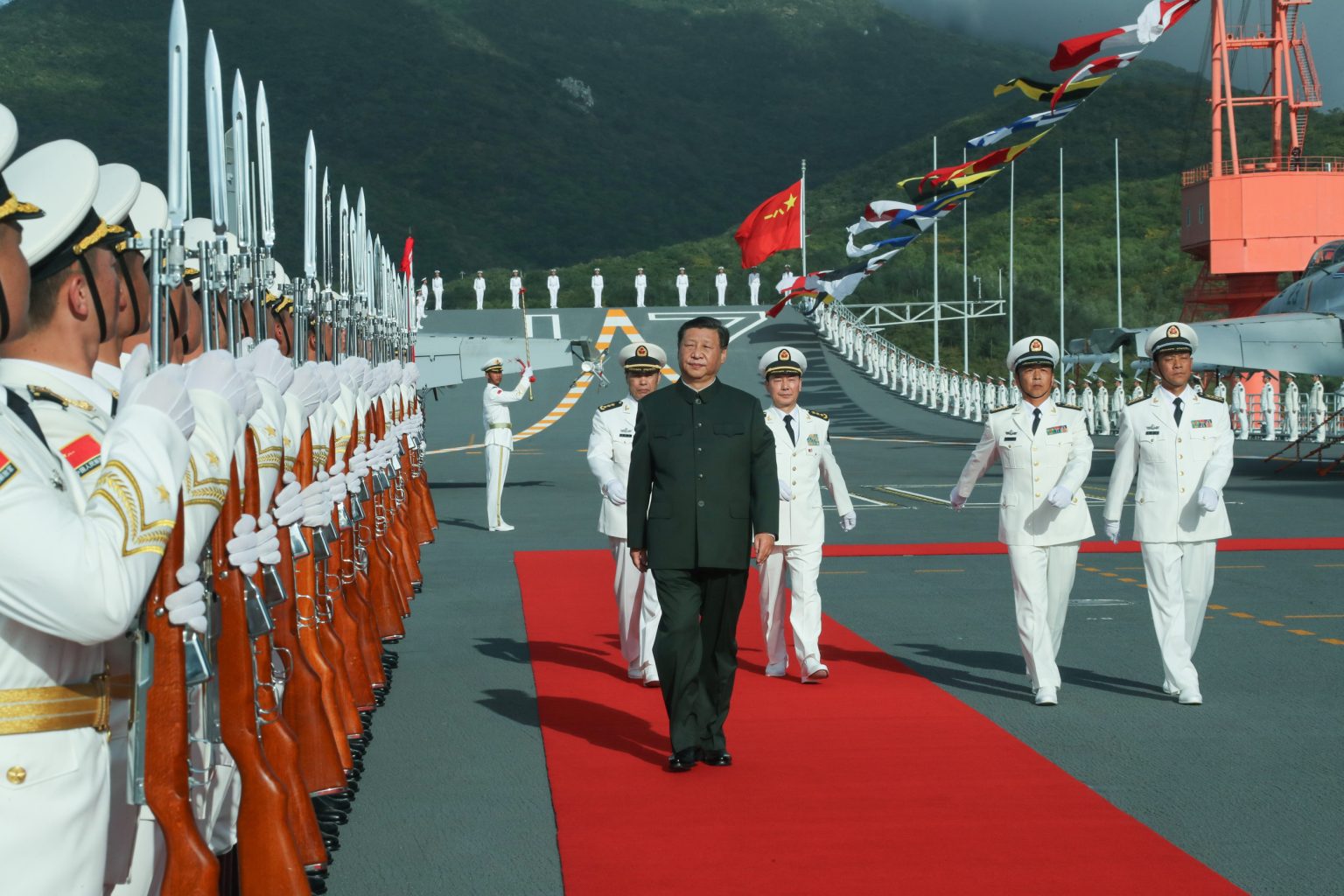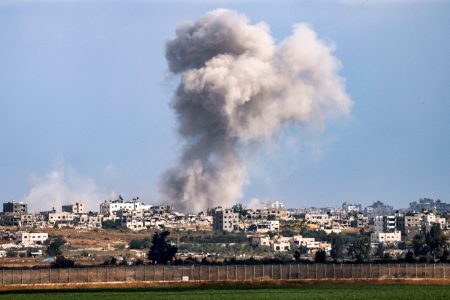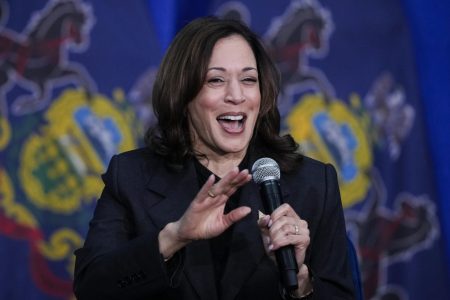The situation in Taiwan is seen as dangerous by the Taiwan Affairs Office of China’s State Council after President Joe Biden signed an aid package that included money for Taiwan. Despite Xi Jinping’s aggressive rhetoric and military readiness, he did not act on the opportunity to invade Taiwan in February after a confrontation involving two Chinese fishermen. Xi’s actions, such as provocative exercises near Taiwan, have created a backlash from neighboring countries seeking protection from the United States, forming alliances against China.
There is evident turmoil within the Chinese regime, with reports of military leaders opposing action on Taiwan and facing consequences for their dissent. Purges and reshuffling within the military, particularly the Rocket Force, indicate internal discord. The sudden disappearances of top military and political figures, such as former defense minister Li Shangfu and former foreign minister Qin Gang, suggest a political upheaval that is unprecedented in Chinese communist history. This turmoil within the leadership raises concerns about Xi Jinping’s motivations and potential for conflict.
Xi Jinping’s actions mirror those of Mao Zedong, who used threats against neighbors to mobilize the Chinese people and strengthen his position internally. Mao’s tactics, such as provoking a near war with the Soviet Union in 1969, were driven by domestic pressures. Xi’s behavior suggests a similar focus on internal dynamics, which may make him less responsive to external pressures, including those from the United States. Despite international efforts to deter conflict in Asia, Xi’s actions indicate that the situation in China may be more precarious than it appears.
The formation of alliances against China, such as AUKUS involving Australia, the U.K., and the U.S., indicates a growing concern among neighboring countries about China’s aggressive stance. Xi Jinping’s actions, which seem counterproductive and potentially destabilizing, raise questions about the motives behind his military posturing and threats. The unrest within China’s leadership further complicates the situation and suggests that domestic politics may be a driving force behind Xi’s aggressive stance towards Taiwan and other neighboring countries.
The unresolved disappearances of key military and political figures, coupled with the purges and reshuffling within the military, point to a significant political upheaval within China’s leadership. The situation inside Beijing, as well as Xi Jinping’s behavior, raises concerns about the potential for conflict in the region. The domestic turmoil in China, reminiscent of past leadership struggles, suggests that external efforts to deter conflict may be less effective in influencing China’s decision-making. The unfolding events in China point to a situation that is more complex and unpredictable than it may seem on the surface.















